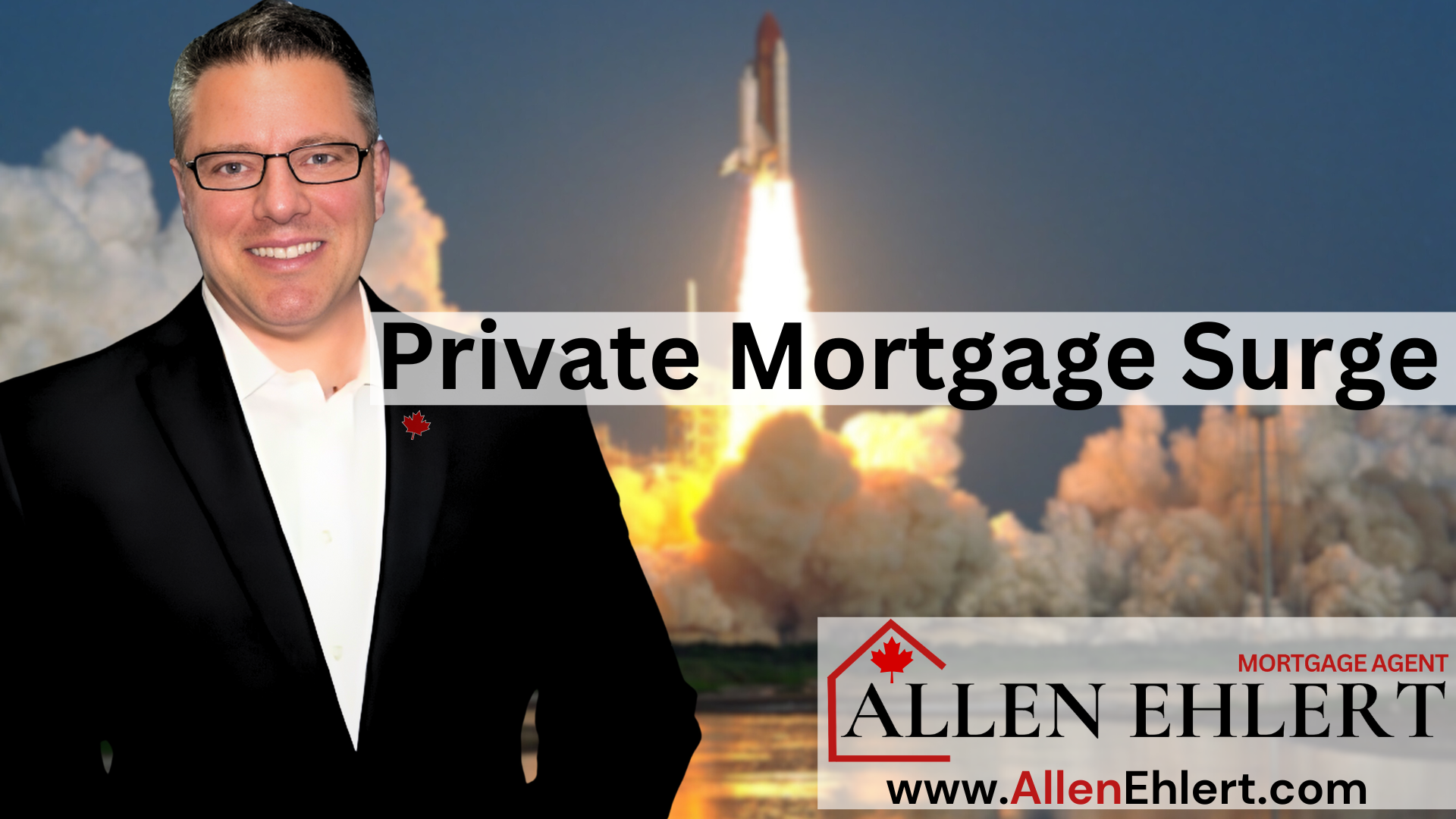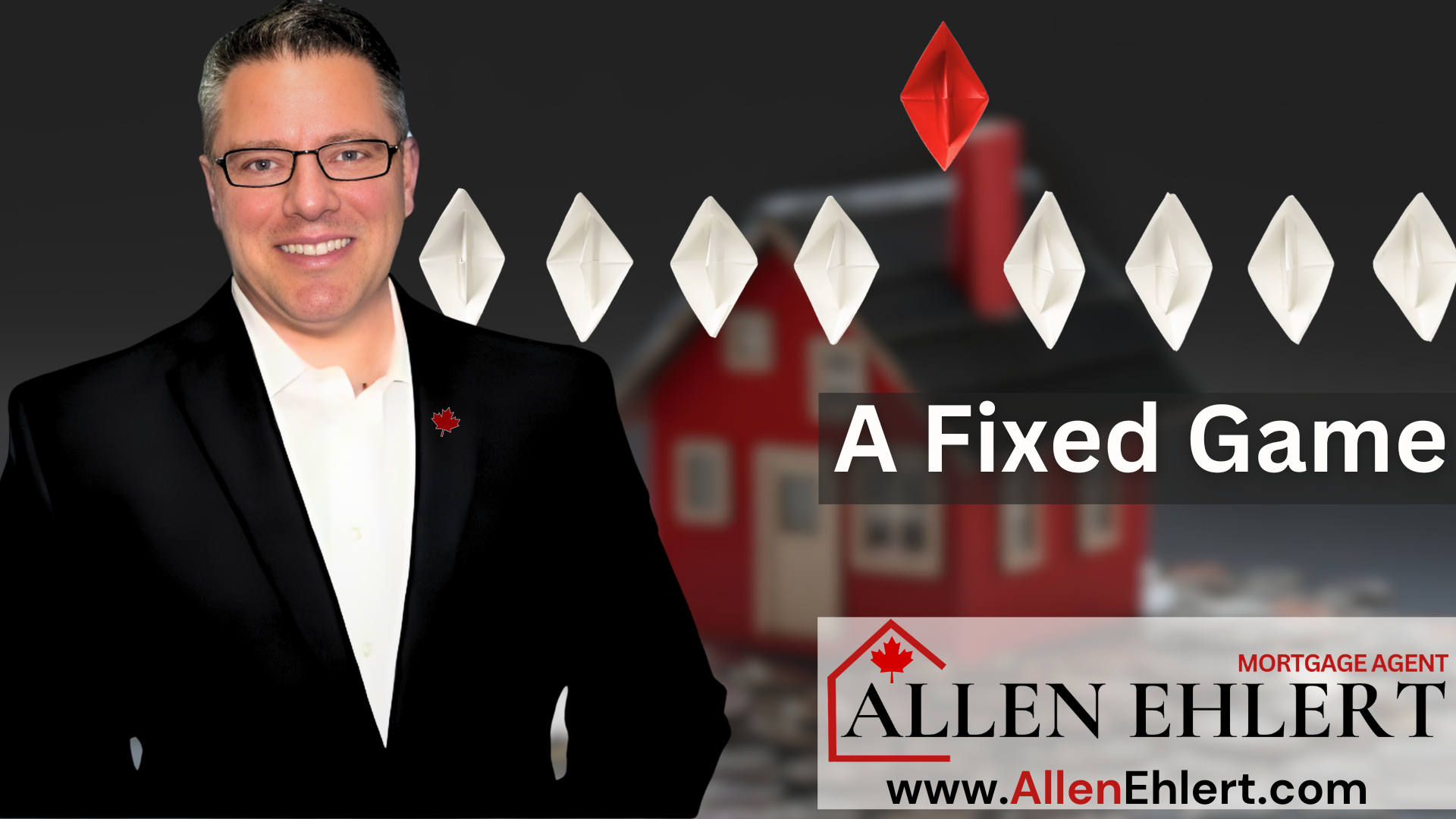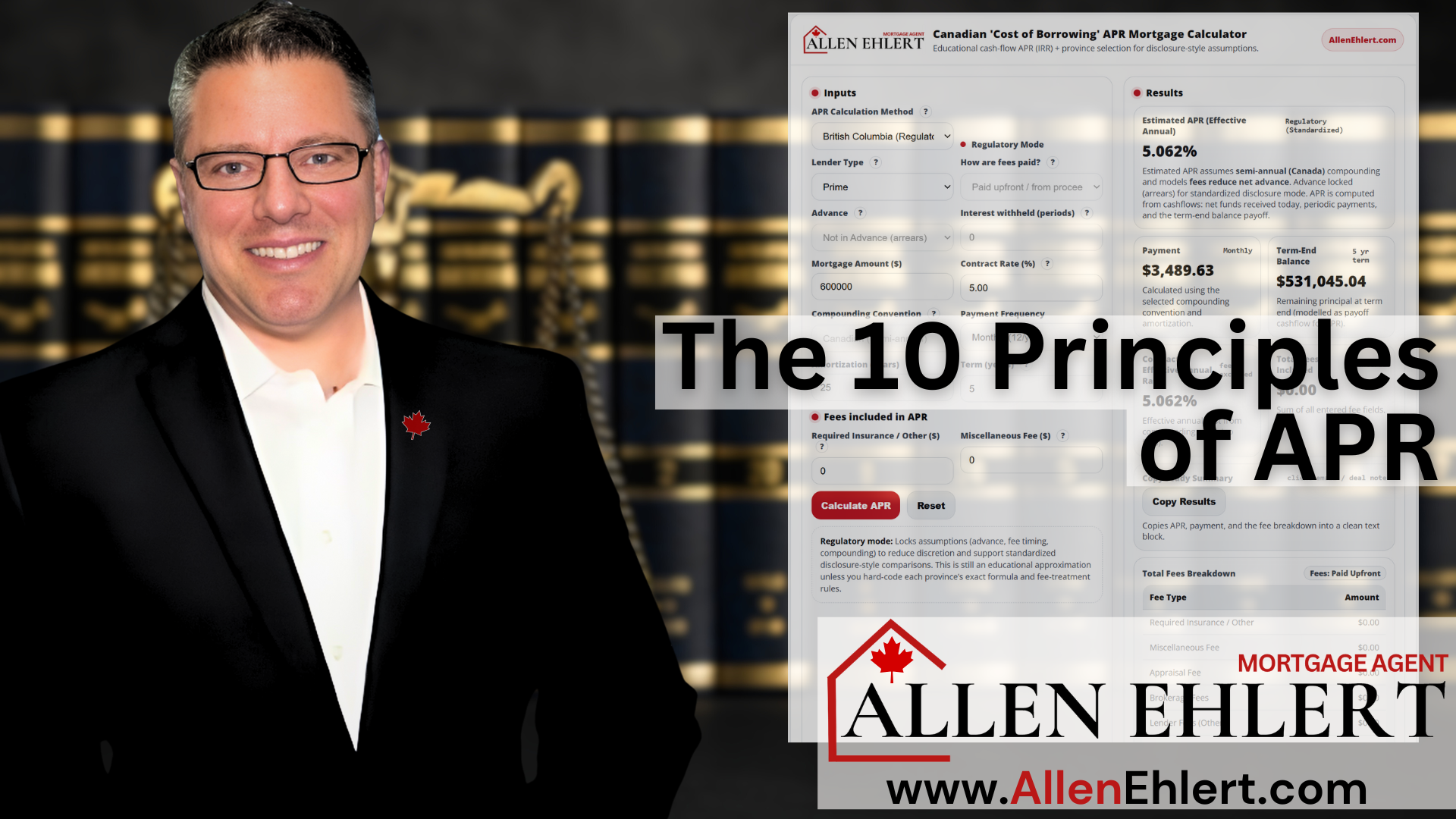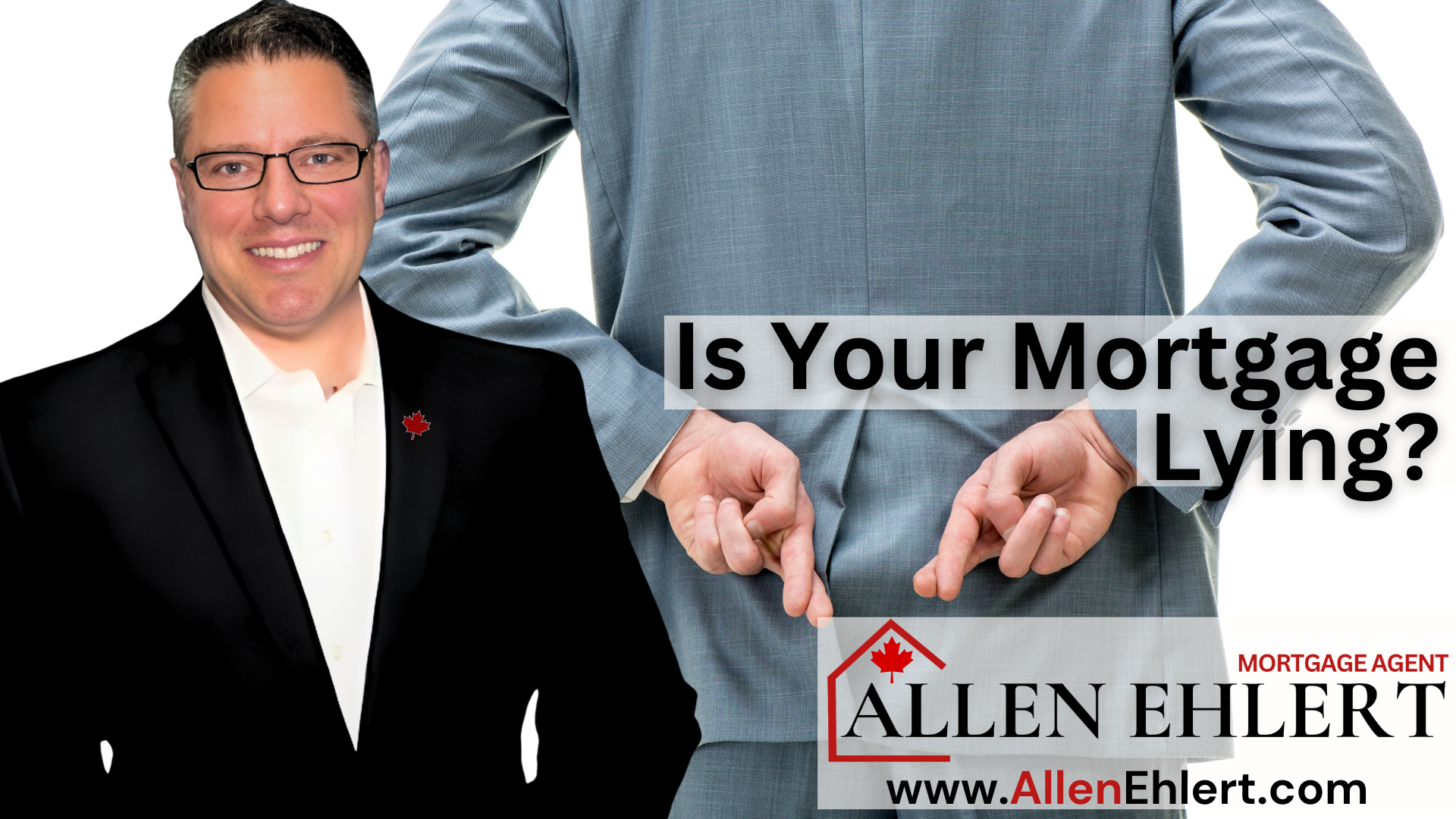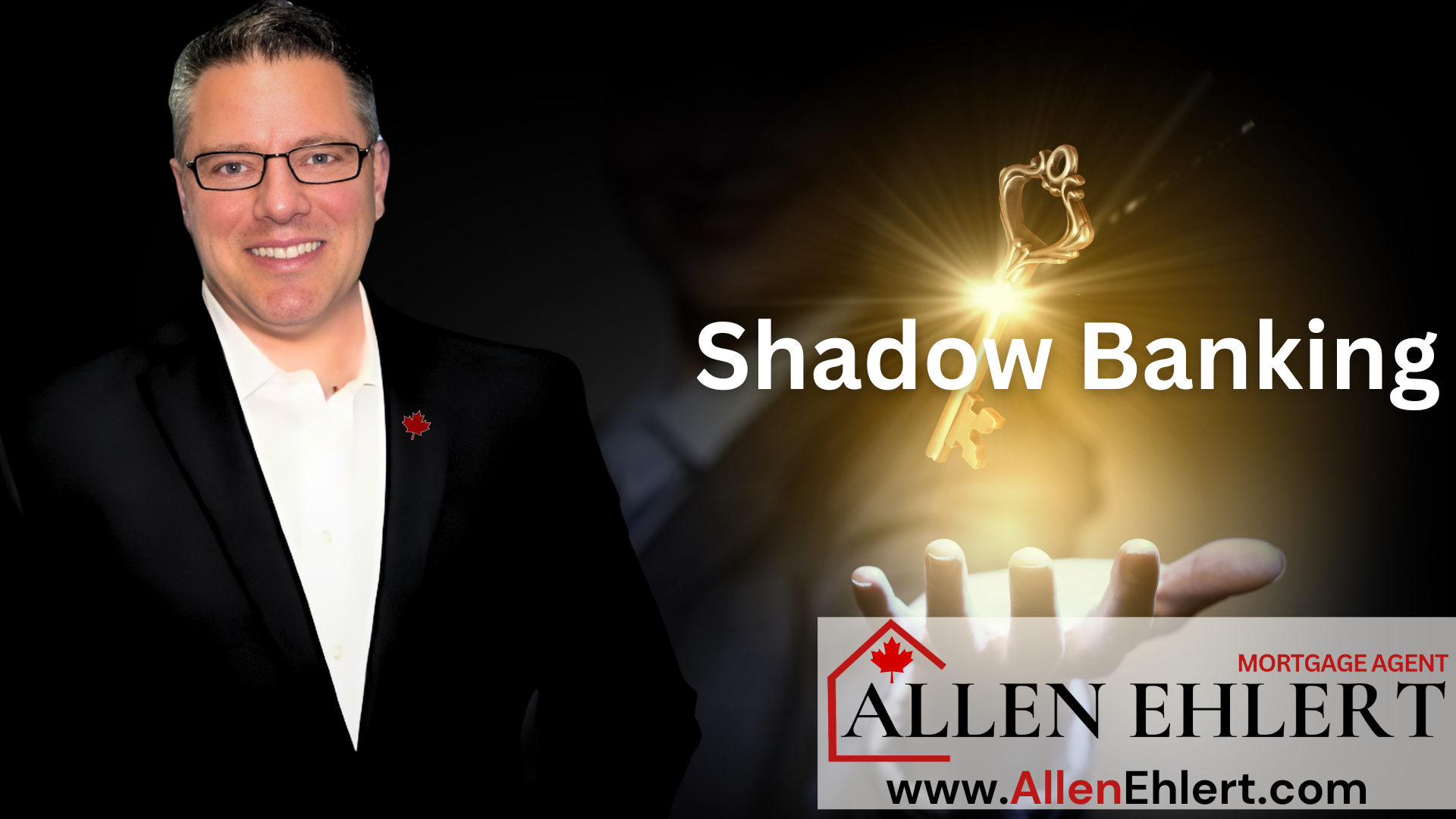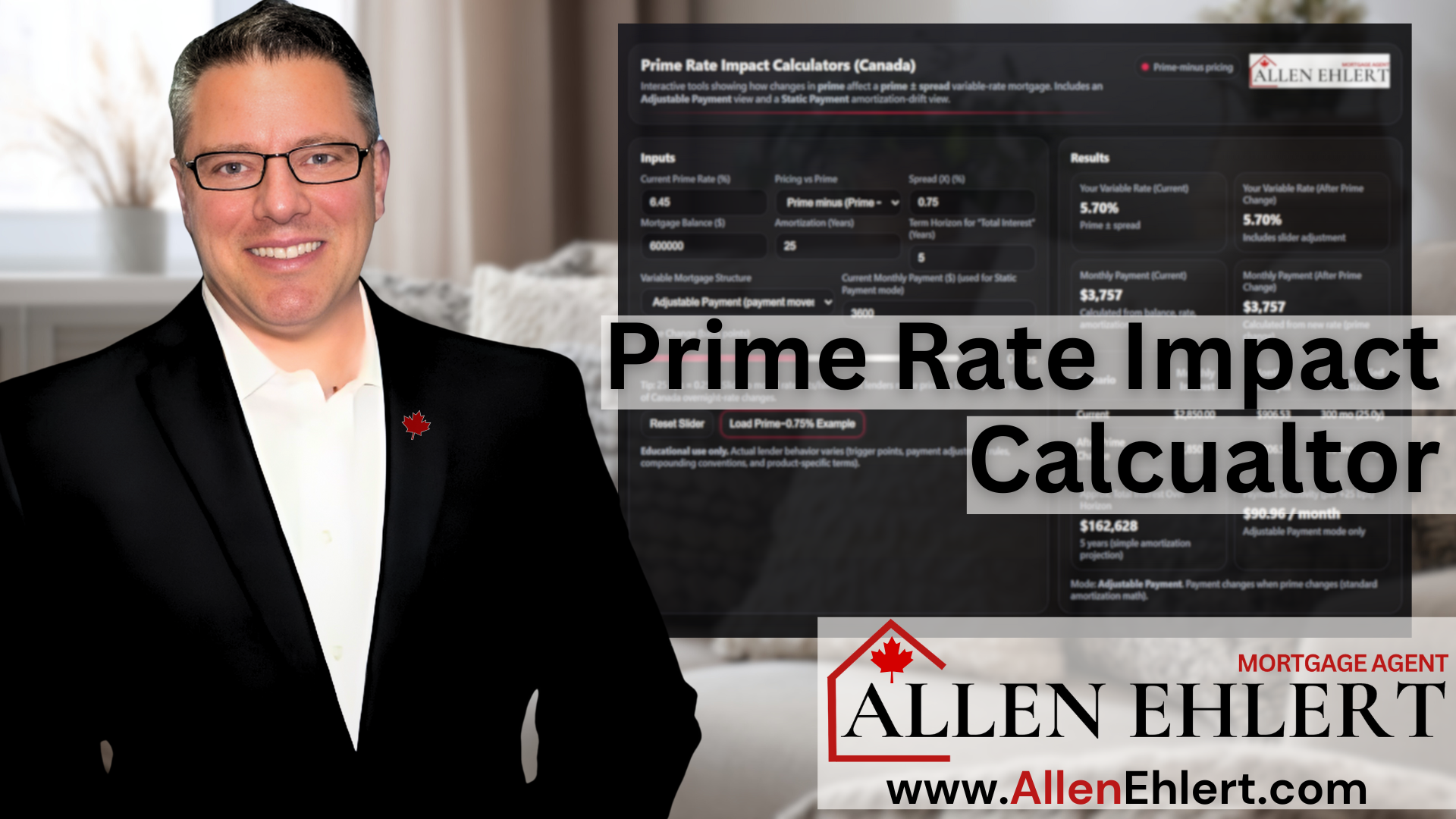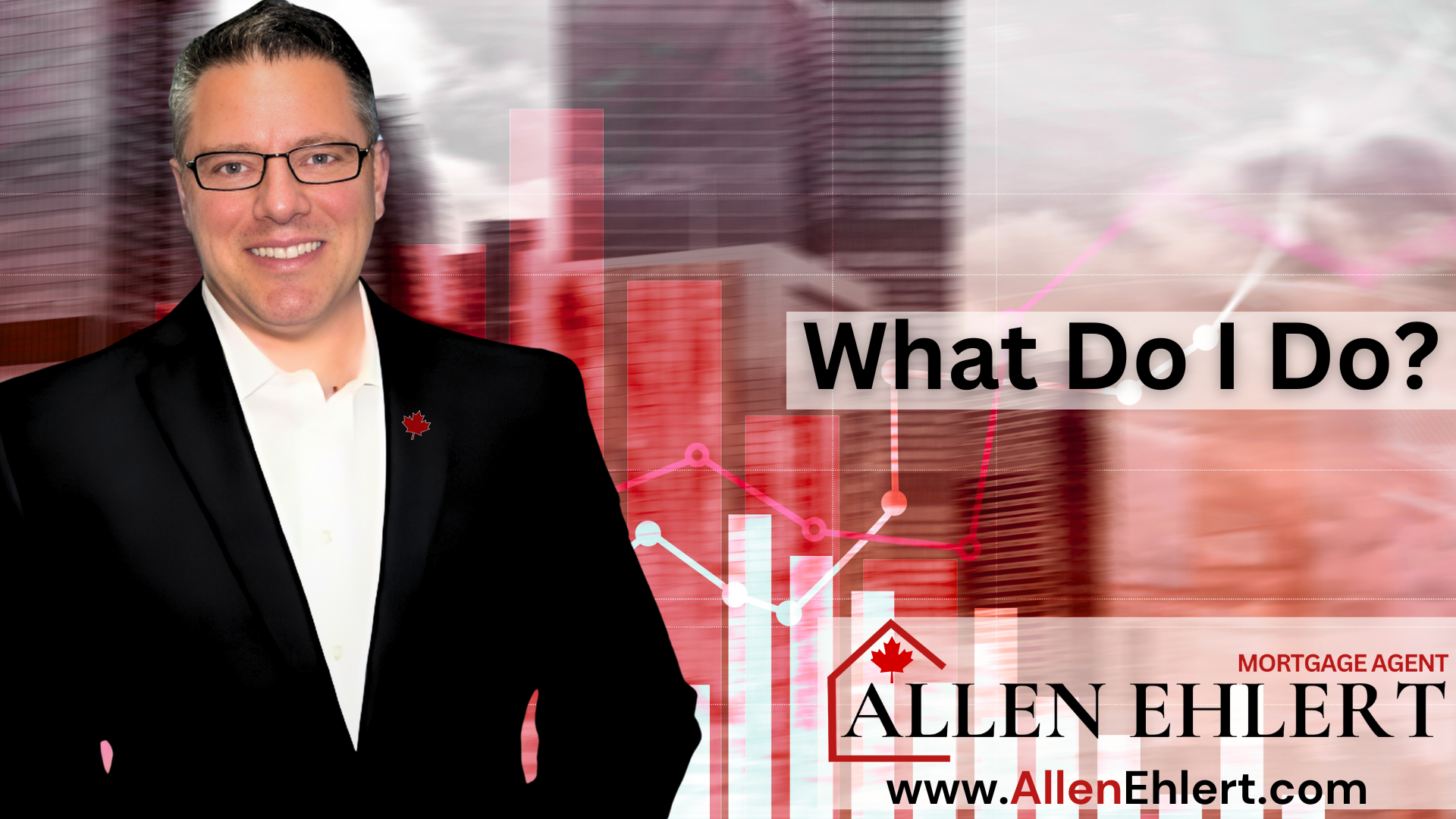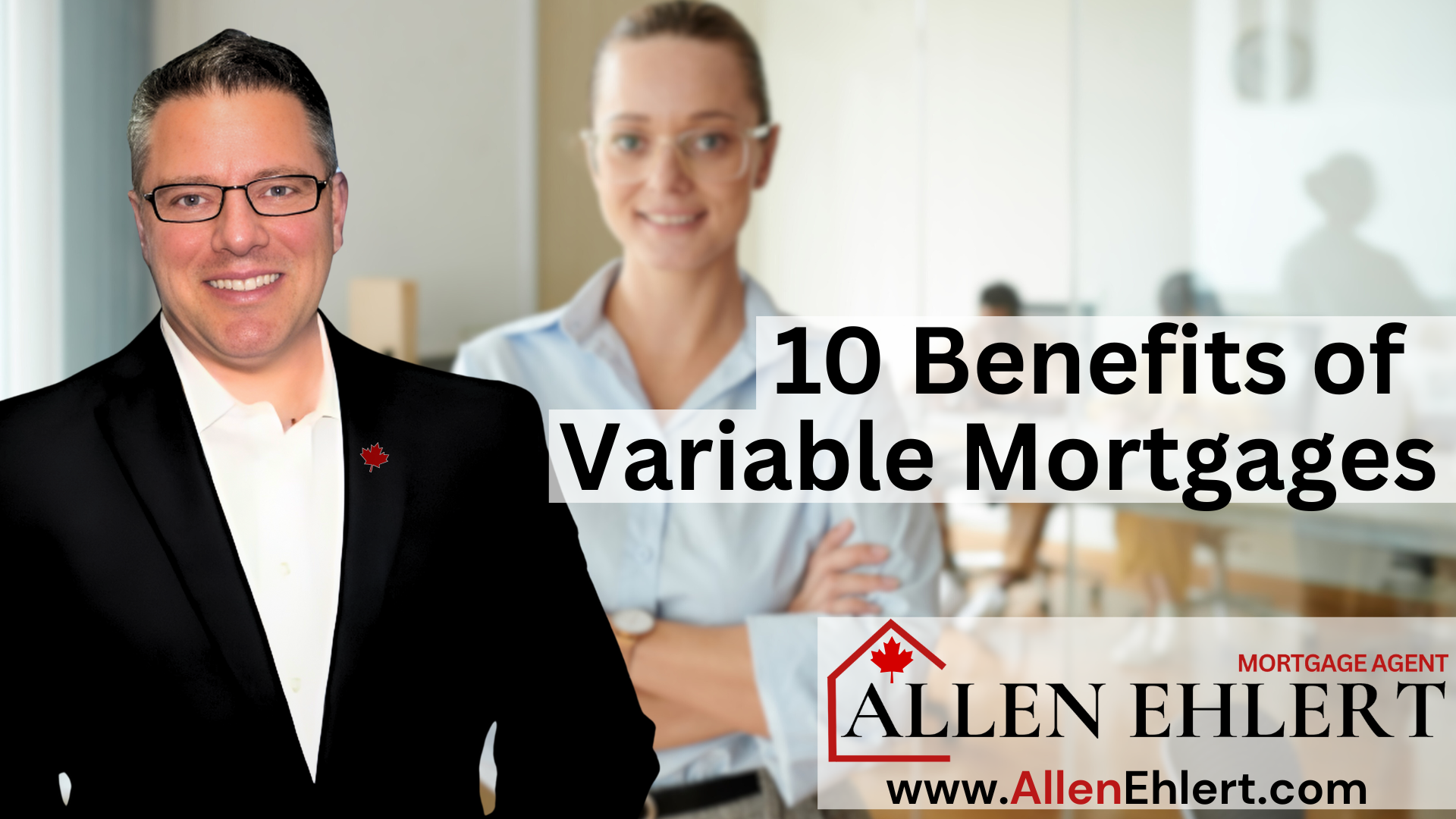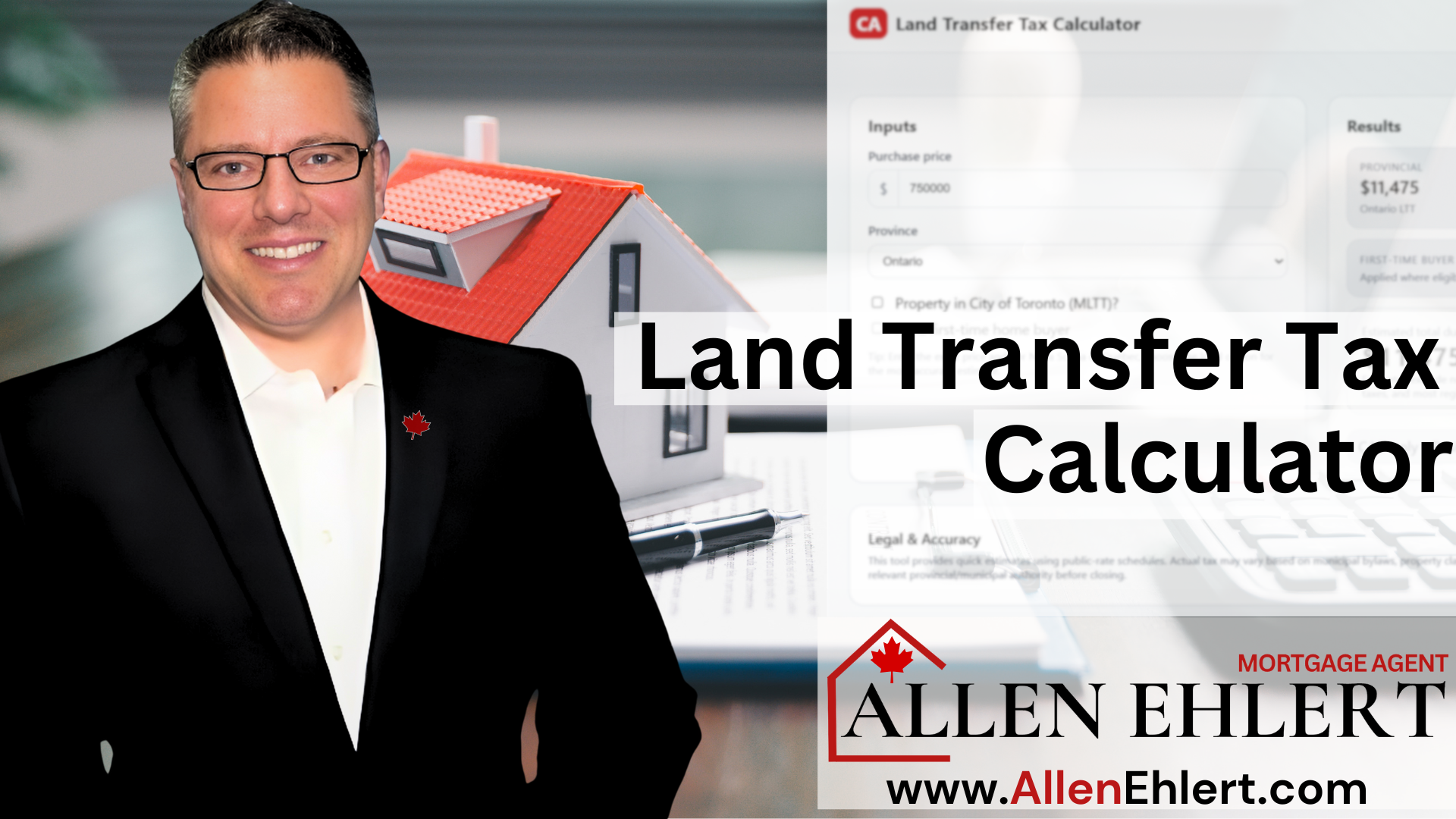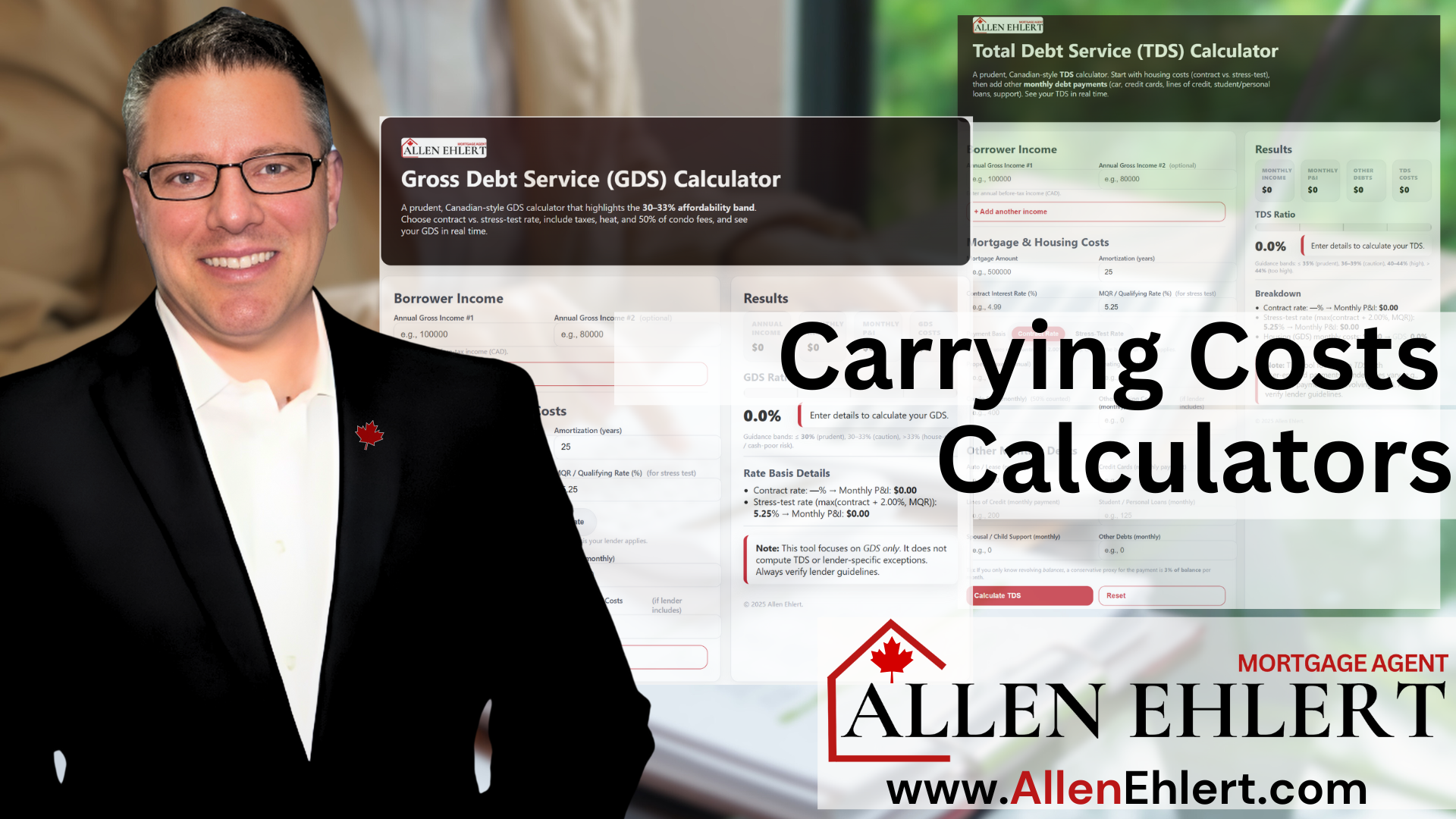… A Practical Look at Managing Risk in Commercial Lending
When it comes to commercial mortgages, one of the first questions clients ask me — after “What’s the rate?” — is “Should I go fixed or variable?” And honestly, it’s a great question. Because unlike with your typical home mortgage, this decision isn’t just about saving a few bucks on interest. In the commercial world, it’s about managing risk, protecting your cash flow, and aligning your financing with your long-term business goals.
The answer isn’t the same for everyone. It depends on what you’re buying, how your business operates, and your personal tolerance for uncertainty. So let’s break it down in plain language, cut through the noise, and help you figure out which path makes the most sense for you and your commercial property.
What I’m Covering:
How Fixed-Rate Commercial Mortgages Work
How Variable-Rate Commercial Mortgages Work
The Pros and Cons of Fixed vs. Variable in Commercial Lending
How to Decide Which is Right for You
How You Can Put This Knowledge to Work
How Fixed-Rate Commercial Mortgages Work
A fixed-rate mortgage is exactly what it sounds like: your interest rate stays locked in for the term of the loan. Whether it’s a 3-year term, 5-year term, or longer, you’ll know exactly what your payment is every month. No surprises, no fluctuations, no keeping one nervous eye on the Bank of Canada’s next move.
Lenders love offering fixed rates for stabilized assets with predictable cash flow. And borrowers love them for the peace of mind they bring — especially if your business depends on steady, reliable expenses.
Fixed rates are often slightly higher than variable rates at the start, but in exchange, you get certainty.
How Variable-Rate Commercial Mortgages Work
With a variable-rate mortgage, your interest rate floats along with your lender’s prime rate. When prime goes up, your rate goes up. When prime goes down, you save money.
Variable rates usually start lower than fixed, which is why they’re tempting. But they come with a built-in rollercoaster ride. If rates shoot up faster than expected — like we’ve seen in recent years — your borrowing costs can climb quickly.
Variable can make sense if you:
- Expect rates to stabilize or fall
- Need flexibility (easier exit terms than fixed)
- Have a strong cash flow cushion and can handle payment fluctuations
But you need to have a strong stomach and a solid plan for managing the ups and downs.
The Pros and Cons of Fixed vs. Variable in Commercial Lending
Let’s call it like it is — both options have their place. The trick is understanding which is the better fit for your risk tolerance, business model, and market outlook.
Fixed-Rate Pros:
- Predictable payments for budgeting
- Protection from rising interest rates
- Stability over longer terms
Fixed-Rate Cons:
- Higher initial rates
- Potentially large penalties for breaking early
- Less flexibility
Variable-Rate Pros:
- Lower starting rates
- Potential savings if rates drop
- More flexible exit options
Variable-Rate Cons:
- Payments can increase unexpectedly
- Harder to forecast long-term cash flow
- Financial stress if rates spike
How to Decide Which is Right for You
Choosing between fixed and variable isn’t about guessing where rates will go. It’s about knowing your comfort zone and business strategy.
Here’s how to think about it:
- If you value certainty and stability, lean fixed. Perfect for properties where consistent cash flow is key — like multi-family rentals, medical offices, or long-term leaseholds.
- If you value flexibility and have the cash flow to ride out changes, consider variable. Ideal for shorter-term holds, value-add projects, or situations where you might refinance sooner.
- If your business can’t absorb surprises easily, go fixed.
- If you want to keep your options open or plan to sell within a couple of years, variable might fit.
How You Can Put This Knowledge to Work
Let’s say you’re buying a stabilized 12-unit apartment building with long-term tenants. Your rental income is steady, your expenses are steady, and your goal is to hold the asset for the long haul. In this case, fixed gives you certainty. You lock in your costs and focus on managing the building, not interest rates.
On the other hand, you might be buying a small industrial property that you’re planning to renovate, re-lease, and refinance within two years. You know you’re exiting early. Variable gives you flexibility and typically lower penalties if you break the mortgage ahead of schedule.
Or maybe you’ve got a retail plaza with solid tenants, but you’re watching market rates like a hawk. You could even split the mortgage: part fixed, part variable — a strategy some lenders will allow to hedge your bets.
Allen’s Final Thoughts
There’s no magic answer when it comes to choosing between fixed and variable in commercial lending. It’s about knowing your business, your cash flow, and your comfort with risk.
Fixed is for peace of mind. Variable is for flexibility. Both serve a purpose, but the wrong choice can cause more headaches than it’s worth.
What really matters is having a strategy — not just picking a rate because someone else said it worked for them.
And that’s where I come in.
How I Can Help
As your mortgage agent, my job isn’t just to get you approved — it’s to help you choose the financing strategy that aligns with your business goals, cash flow needs, and risk tolerance.
Here’s how I can help you make the right call:
- Break down the pros and cons specific to your situation
- Show you scenarios for how rate changes could impact your property
- Negotiate terms that give you flexibility where you need it
- Guide you through structuring your mortgage for today and tomorrow
- Stay in your corner, long after funding to help you adjust when markets change
Whether you’re buying, refinancing, or just planning your next move, I’m here to help you make these decisions with confidence, clarity, and a strategy that fits.
Let’s talk about what’s best for your business — and how we can structure your financing so it works for you, not against you.



